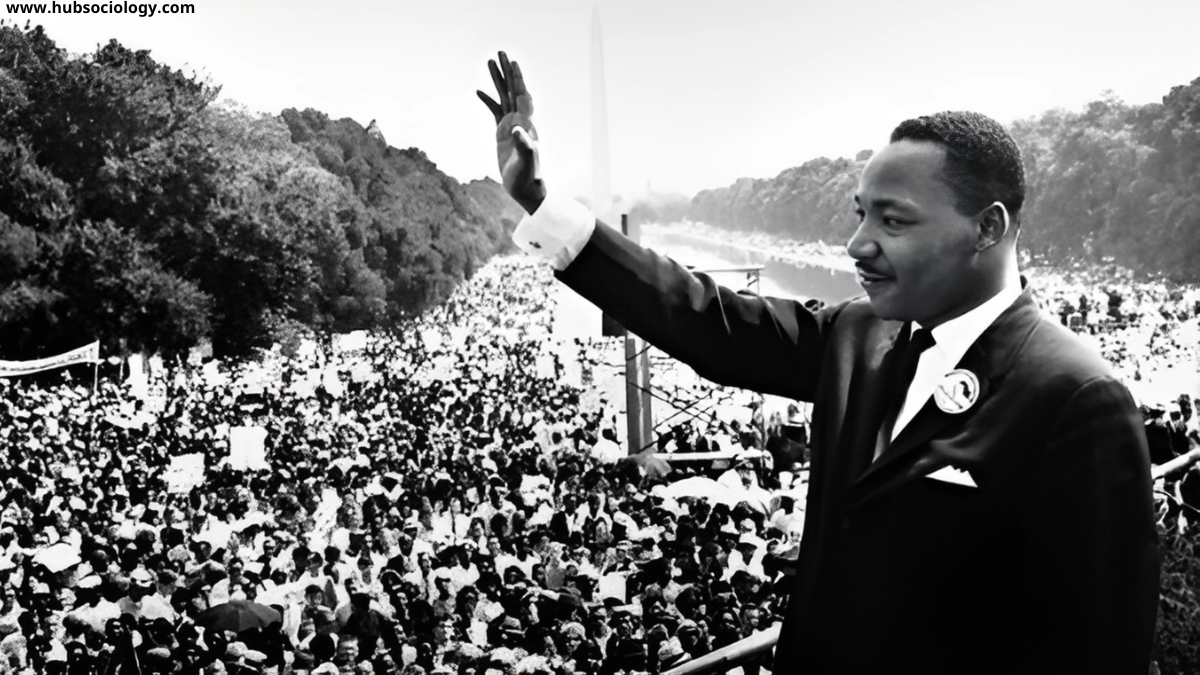Religious Conversion in Sociological Aspect
Introduction Religious conversion is one of the most fascinating and contested phenomena within the study of religion and society. It refers to the process of changing one’s religious affiliation, belief system, or spiritual orientation from one tradition to another. Sociologically, it is not merely a personal or spiritual experience but also a social act, shaped … Read more









